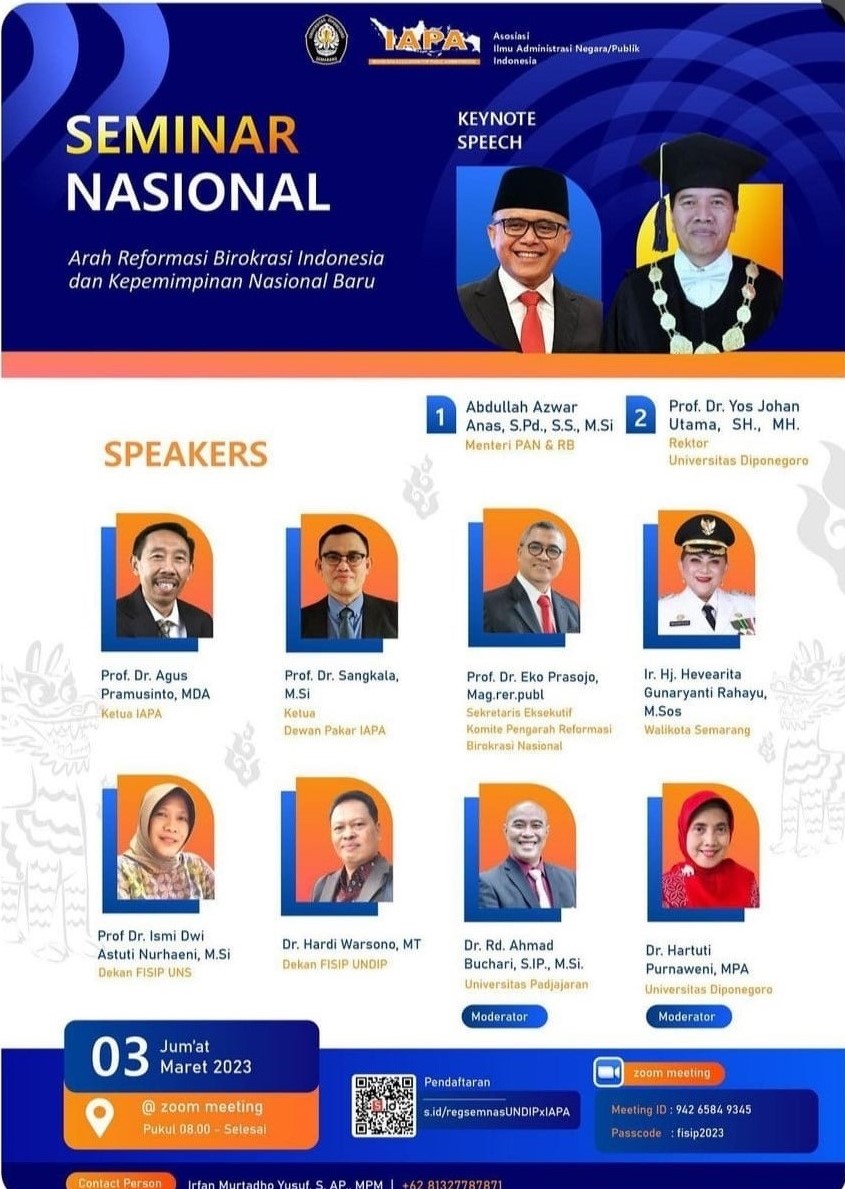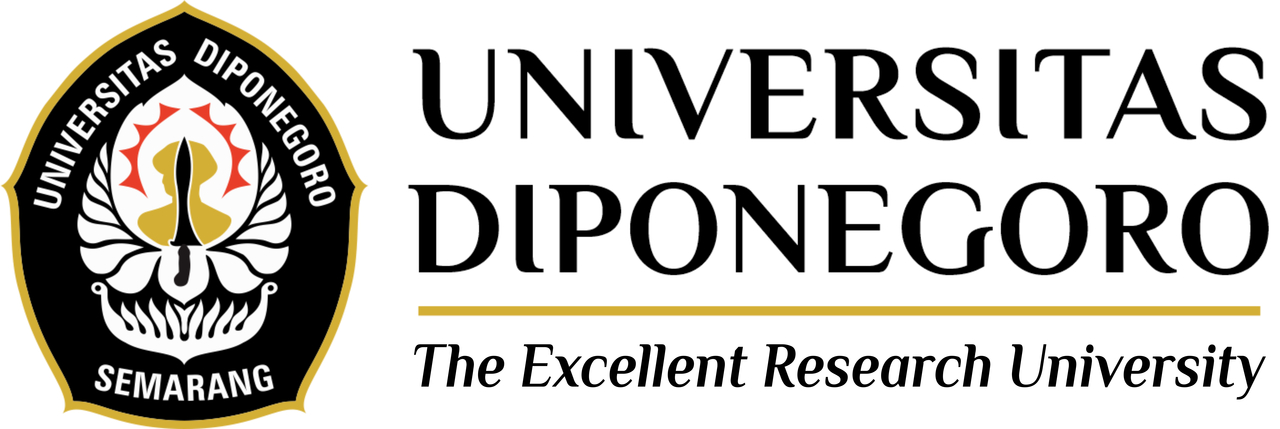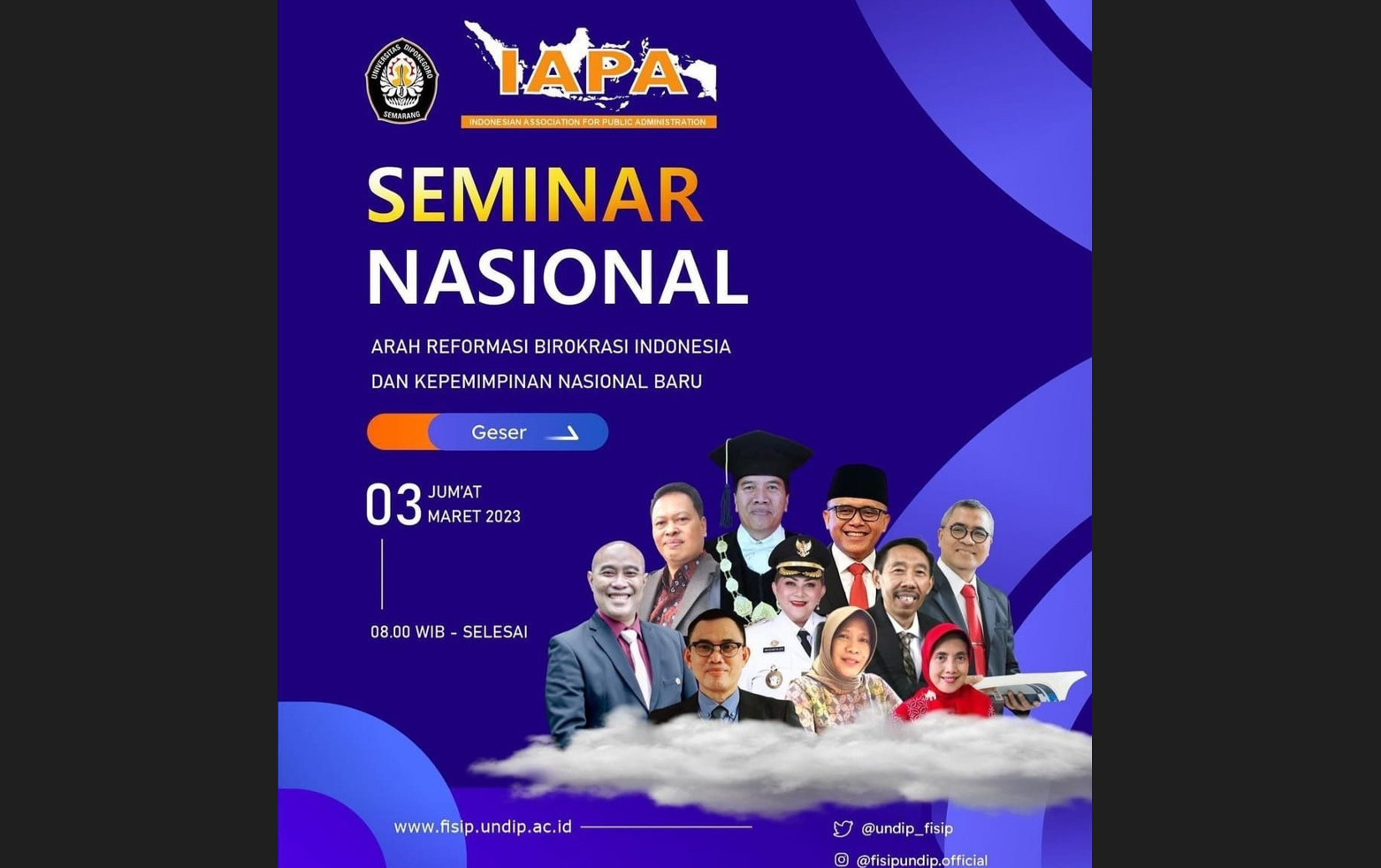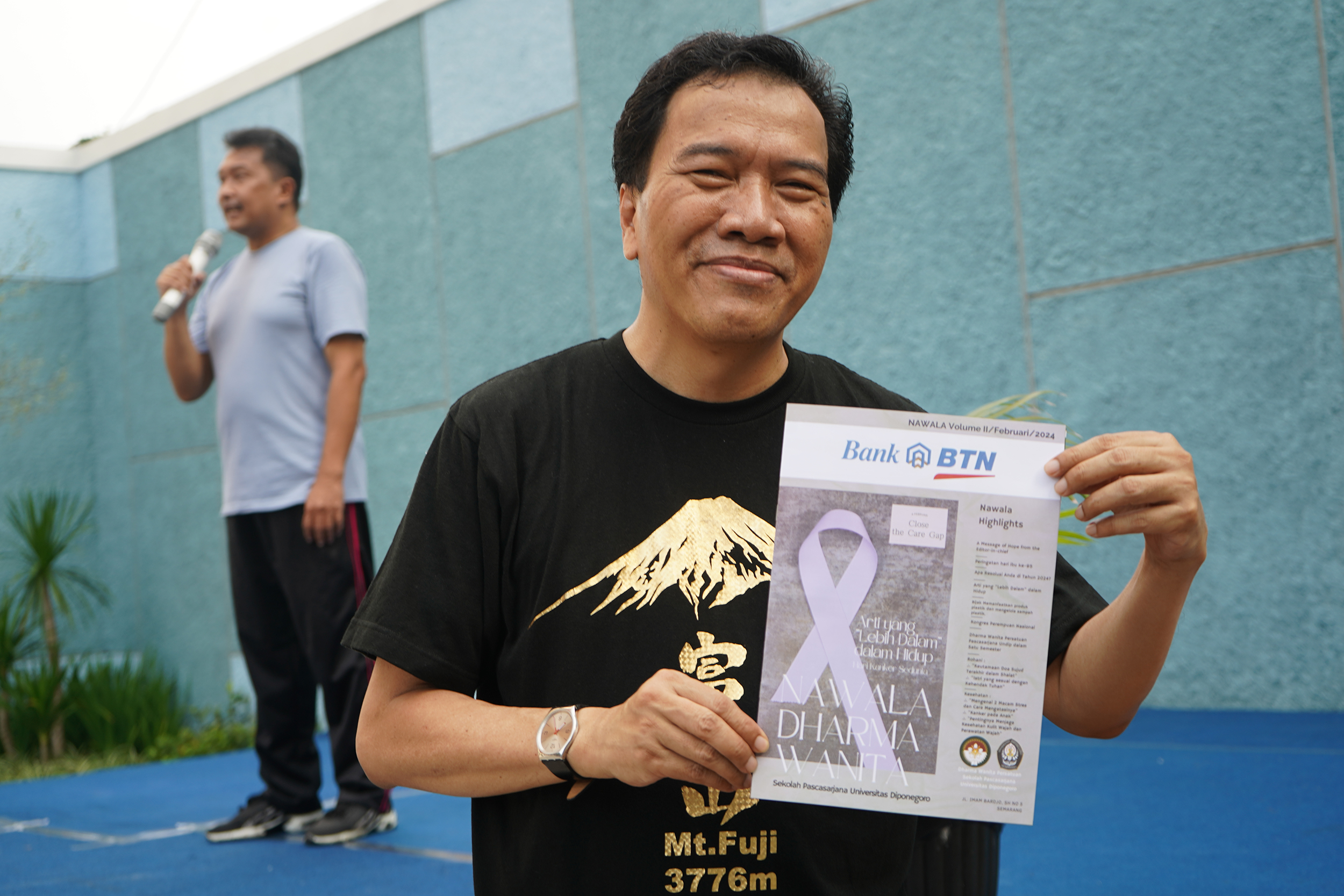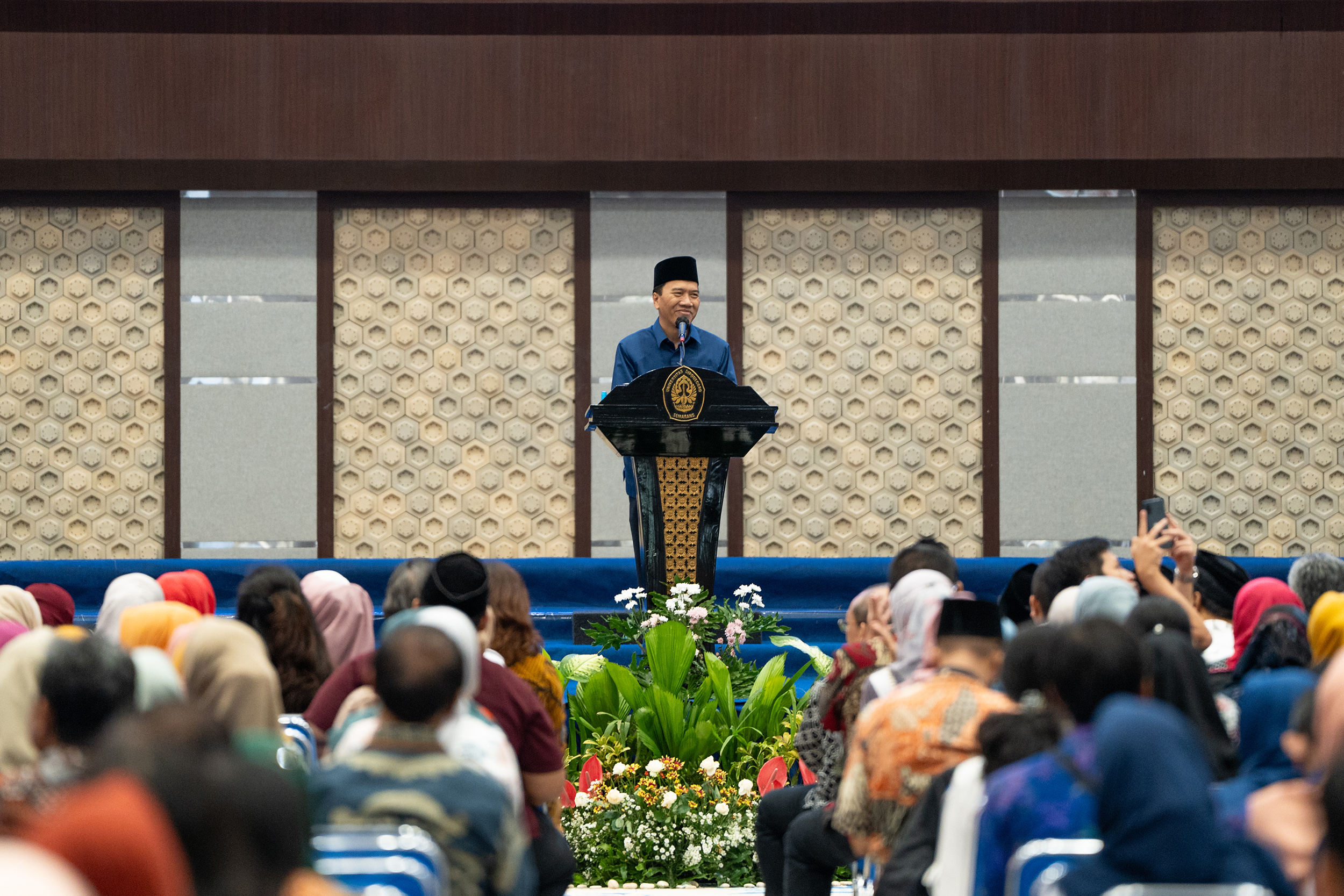Diponegoro University – Semarang (1/3). Bureaucracy is the engine of development and public services. The central position of the bureaucracy causes this sector to be reformed so that it will not weaken services and contribute to the acceleration and success of development.
Dean of FISIP Undip, Dr. Drs. Hardi Warsono, M.T. in his press conference explained that the implementation of prime public services is reflected in terms of leadership, but the fact is that until now public services are still oriented towards very strong power. “This orientation has a negative effect on bureaucratic practices whose mission is to optimize public services,” he said.
“The bureaucracy and its officials often position themselves as rulers rather than as good public servants, in reality many officials put a distance from the community when providing services,” conveyed the expert on inter-regional cooperation.
“The development of this paternalistic culture has contributed to worsening the public service system through placing the interests of political and bureaucratic elites as the dominant variable in the delivery of public services,” he emphasized further. He also observed that reality shows that there is preferential treatment for service recipients, especially if they have closeness to those in power.
In response to this, FISIP Undip in collaboration with the Indonesian Association for Public Administration (IAPA) will hold a National Seminar with the theme Direction of Indonesian Bureaucratic Reform and a New National Leadership. According to the Chairperson of the Committee, Amni Zarkasyi Rahman, S.A.P., M.Si., the event which would be held on Friday (3/3) presented many national speakers to discuss the road map for bureaucratic reform and its various dynamics. This activity was not limited to holding a national seminar, but would also be the initial foothold in the preparation of the White Book on the Direction of Indonesian Bureaucracy in National Leadership which would later be presented by IAPA to the future Indonesian presidential and vice presidential candidates. This activity was also followed by the inauguration of the IAPA Central Leadership Council (DPP).
Amni further added that the Dean of FISIP Undip, Dr. Drs. Hardi Warsono, M.T. apart from being the host, he would also be one of the main speakers at the event. He would explain his ideas on bureaucratic reform, namely Dynamic Governance where the need for governance allows the government to act in progressive and adaptive manners in order to realize effective results for the region and the community. “A progressive and adaptive government is a government that understands the needs of its people progressively. This government is able to see various problems from various points of view so that it finds effective solutions for the community,” he said. In addition, it is necessary to present quality and performance-based bureaucratic performance such as an effective, efficient and economical bureaucracy, focus on efforts to realize outcomes (results), implement performance management supported by the application of electronic-based systems, and each individual employee has a clear contribution to performance organization.
The other speakers who attended the event were Ir. Hj. Hevearita Gunaryanti Rahayu, M.Sos (Mayor of Semarang City), Prof. Dr. Eko Prasojo, Mag.rer.publ (Executive Secretary of the National Bureaucratic Reform Steering Committee), Prof. Dr. Agus Pramusinto, MDA (Chairman of IAPA), Prof. Dr. Sangkala, M.Si (Chairman of the IAPA Expert Council), and Prof. Dr. Ismi Dwi Astuti Nurhaeni, M.Si (Dean of FISIP, Sebelas Maret University).
CP for further information:
Amni Zarkasyi Rahman – 08562625510
